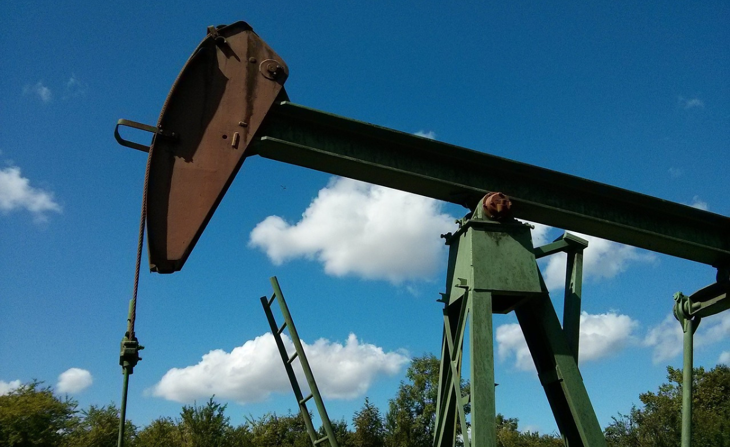 @Pixabay.
@Pixabay.
A Canadian shareholder advocacy group, Investors for Paris Compliance (I4PC), released a new report that outlined the role of the country’s property and casualty insurance industry in encouraging fossil fuels. It said that doing so while facing rising climate claims meant it was passing along these costs to policyholders and increasing risk.
The report, ‘Playing With Fire: Canadian Insurers and Fossil Fuels’, criticised P&C insurers and said that the industry “redistributed climate-related risks and costs to consumers and taxpayers while underwriting and investing in fossil fuels”.
Climate change and fossil fuel exposures have dramatically increased in risks for investments for insurance companies in recent years. Numerous advocacy groups have called on the industry to be more transparent on the matter and divest faster.
The investment is a double-pronged issue as for some it also creates a reputational risk for the insurers itself. Of the top 10 fossil fuel insurers in 2022 – in USD – according to Insuramore estimates, the top three were Bermudian-domiciled companies, as well as Chinese and Russian insurers. Three were American, with the remaining four European and Canadian.
In a 2022 report on insurance investment trends, Insurance Investor reported that US and Canadian insurers were lagging behind European, Latin American, and Australian insurers on action to move away from fossil fuels.
In the report, Australian respondents, for example, were extremely vocal about their passion for ESG, which could reflect their principles or the current mood of the society they operate in.
“Climate change causes a structural rise in the frequency and severity of
natural catastrophe claims for commercial insurers (physical risk)."
These insurers were image-conscious of being seen on the ‘right’ side of the ESG debate, and they pushed their sustainability and social responsibility ethos and strategies as being integral to their business plans. One said that “the greater awareness that investments we make have a real-world impact on the people who we serve, has pushed us to consider ESG factors in each and every investment we make [which] has been the most significant trend for us in the past three years.”
In April, Fitch Ratings released a report that highlighted the difficulty of climate change-related costs to both underwriting and investments for insurers. “Climate change causes a structural rise in the frequency and severity of natural catastrophe claims for commercial insurers (physical risk),” said Fitch. “In addition, [insurers] may also sustain losses from the underwriting of, or investment in, corporates, whose business models might become economically unviable because of climate protection laws (transition risk).”
The key findings of I4PC’s report included that climate change was rendering some regions and assets uninsurable and is driving up insurance rates across the country. “Home insurance rates surged 73% over the past decade, with a 7.7% increase last year, disproportionately affecting vulnerable families,” the report said.
It added that in 2023, the top seven Canadian P&C companies or their parent companies invested over $19.5 billion (£11.1 billion) in fossil fuels.
“Governments are being asked to shoulder the burden of riskier properties and climate-related infrastructure damage, potentially increasing the long-term financial load on taxpayers,” it said.
The report also highlighted that “despite a global trend of insurers restricting fossil fuel underwriting”, the Canadian insurer Fairfax ranks among the largest underwriters of fossil fuels.
“As the industry seeks government assistance, taxpayers have every right
to demand that these companies stop contributing to the problem.”
The oil and natural gas industry accounted for $71.4 billion (£40.7 billion) of Canada's overall gross domestic product (GDP) in 2022, about 3.2% of the total, according to the Canadian Association of Petroleum Producers, which could be part of Canadian insurers’ reticence to move away from it. It employed some 150,000 or so people in the field as well.
“Despite recognising the threat climate change poses to its business, P&C insurance companies foster that threat via underwriting and investing in the fossil fuel sector to the tune of billions of dollars,” said Kiera Taylor, Senior Policy Analyst with I4PC. “As the industry seeks government assistance to manage climate impacts, taxpayers have every right to demand that these companies stop contributing to the problem.”